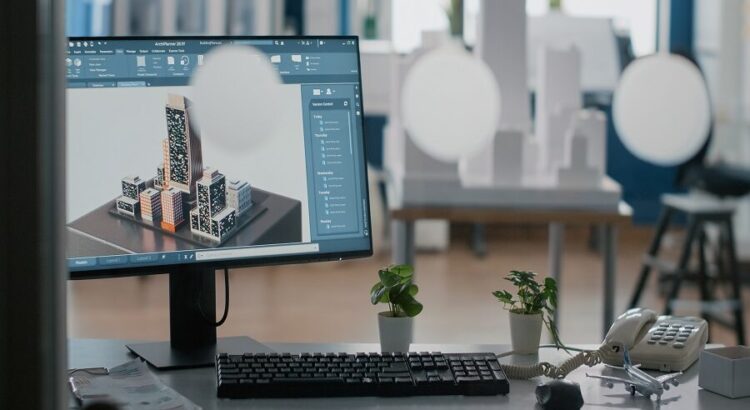Non-Resident Indians (NRIs) temporarily shift abroad. But, their belongings are left behind in the very place where they leave from. They still hold their ownership, but challenges turn more than ever. The most precious fixed asset is the property that requires proper monitoring.
Certainly, it’s not easily to defeat challenges from afar. One thing can help in making it easier. It’s POA or the Power of Attorney. This legal document allows entrusting the power of taking care of the property to trusted individuals in India. With it, the POA holder can make decisions on behalf of NRIs for various property-related matters. These matters can be related to monitoring, maintenance, and decision-making.
This blog will help you explore how non-residents can leverage the Power of Attorney. It ensures effectively overseeing their properties while being overseas.
Now that you know the power of a Power of Attorney, let’s start with understanding and what to do for entrusting it so that your property can remain safe and secure.
- Understanding Power of Attorney
It’s a legitimate document that permits authority to recognize another person to act on behalf of the non-resident. There are some specifications in terms of matters or transactions for using it. For granting it to someone, they need a trustworthy family member, friend, or child etc. Even, you can hire a property management consultant can make it easier. So, you can go for it.
- Attorney-in-Fact
An attorney-in-fact is crucial if you want efficient monitoring of your property. This authority should deem the competent person possessing integrity, familiarity with property concerns, and the ability to handle financial responsibilities. To choose, you have family members, close friends, or professionals such as lawyers or property consultants that can be considered as an attorney-in-fact.
- Defining Powers and Scope in POA Doc
NRIs must be precise when it comes to defining the powers and scope of the Power Of Attorney (POA). Consult with the property management consultant or services providers. It will help in drafting protocols that can help in properly monitoring NRI properties. This should be done upon inspecting property, rent collection, payment of bills, maintenance, and handling legal matters. Once discovered & understood every detail, create a blueprint of specific guidelines to avoid any ambiguity or misuse of authority.
- Registering the Power of Attorney
However, it’s not necessary to register or draft a POA. For a safety purpose, it’s recommended to register it. With it, you can authenticate and legally validate who is going to act on your behalf and how. Additionally, it is a rigorous security measure that is accepted by authorities, banks, and other stakeholders.
For POA registration, the NRI should visit the Sub-Registrar’s office in the jurisdiction where the property is located.
- Monitoring Property Finances
The attorney-in-fact is key in managing property finances. These can be associated with rental income, tracking expenses, timely payment of property taxes, utility bills, and insurance premiums. The selected individual or the attorney-in-fact will be able to maintain financial records. Later, he or share can update NRIs with regular reports. This practice encourages transparency and financial control.
- Communication and Regular Updates
Communication should be effective enough between NRIs and their attorney-in-fact. This is the best way to monitor property like a pro. It can happen if there is a proper plan for interacting on regular intervals. Once scheduled, the attorney-in-fact can easily update the status of the property, bills, or financial matters, and some other significant things. Many effective tools are there to bridge the gap and exchange information without any hassles. These can be emails, video calls, and messaging applications.
- Handling Maintenance and Repairs
For keeping the property lively and maintained, the attorney-in-fact can coordinate with NRIs using phones or emails. The things, such as which trusted consultants or service providers should be hired, how to oversee repairs, quality workmanship, and approvals on associated expenses, can be closed quickly. Moreover, he/ she can regulate property inspections to determine if there is any need for maintenance, and if yes, how to address them promptly.
- Legal and Compliance Matters
The attorney-in-fact can help NRIs to legally comply with the compliance pertaining to property. This may include dealing with tenants, resolving disputes, renewing leases, or complying with local government enforced laws and regulations. Having a legally authorized representative (i.e. POA) can help in making hasty decisions and legally proceed with any property-based matter.











